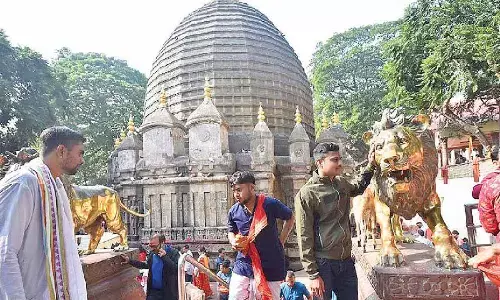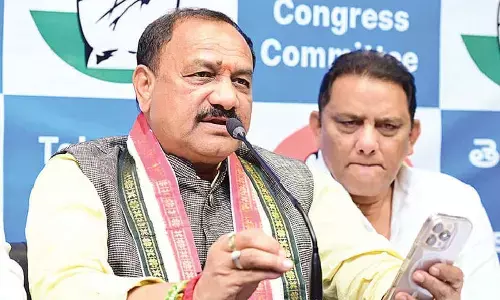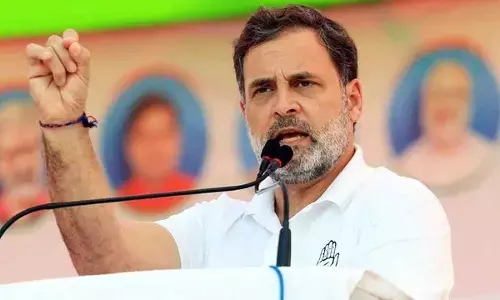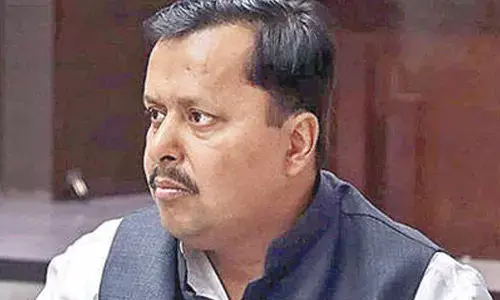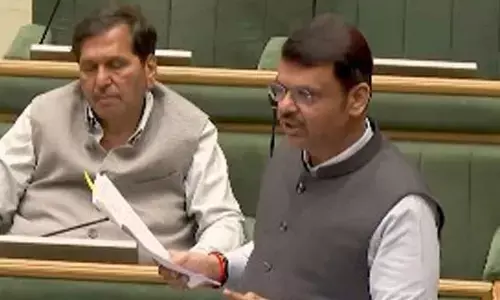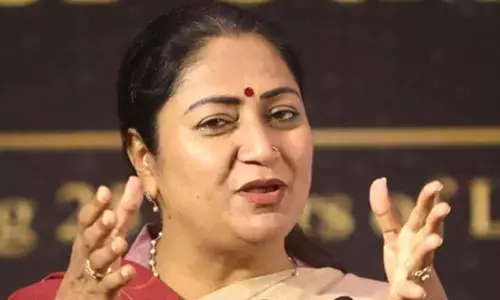Bangladesh unrest and Hasina’s ouster: What lessons does it have for India?
Share :
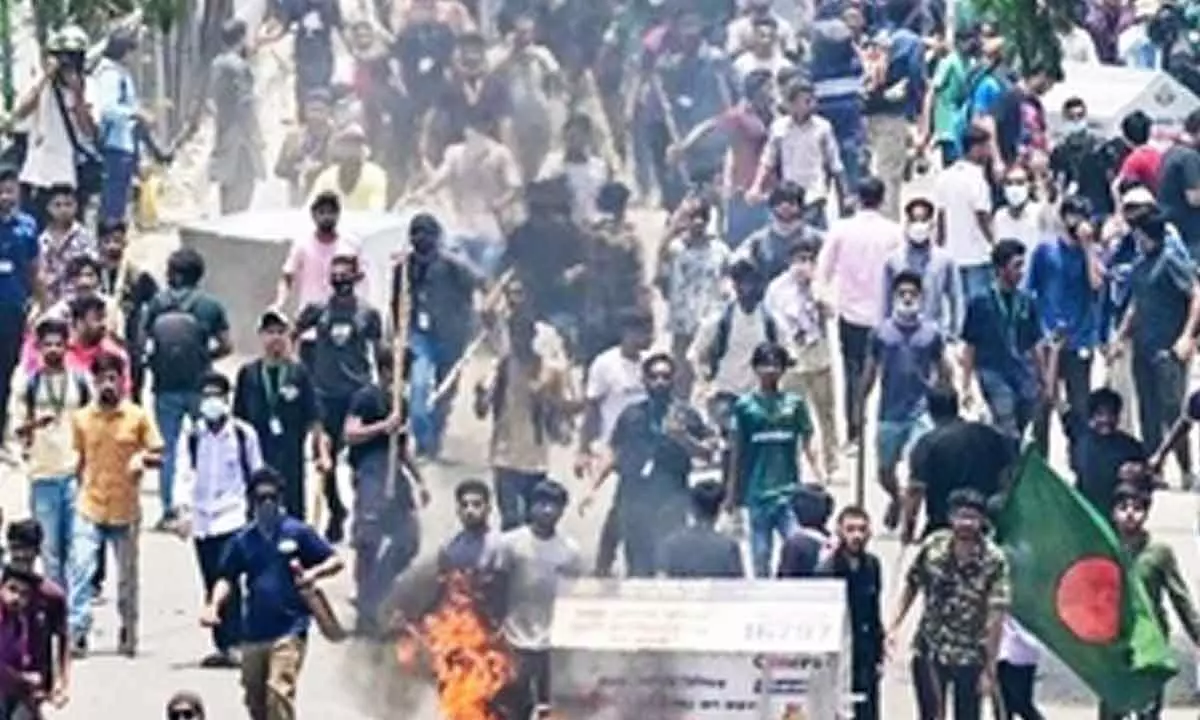
The month-long turmoil in Bangladesh reached a crescendo this weekend as the students' stir not only resulted in overthrowing the Sheikh Hasina-led government but also forced the Prime Minister to flee her own country to seek a safe refuge elsewhere.
New Delhi : The month-long turmoil in Bangladesh reached a crescendo this weekend as the students' stir not only resulted in overthrowing the Sheikh Hasina-led government but also forced the Prime Minister to flee her own country to seek a safe refuge elsewhere.
The nationwide anarchy and mayhem, following Sheikh Hasina’s ouster is set to have far-reaching implications, transcending Bangladesh’s borders but the issue of Western powers meddling in developing countries’ affairs has already started furore in political circles.
India, being the immediate neighbour is concerned over the disturbing developments and is keeping a close watch on the fluid situation there.
Sheikh Hasina’s ouster comes as a setback for India too as the two nations shared good ties and relationship in the former’s tenure while the same wobbled when Khaleda Zia-led Bangladesh Nationalist Party (BNP) held the reins of the country, along with radical outfit Jamaat-e-Islami.
Sheikh Hasina is currently staying in Delhi and is expected to fly to Britain, in the next few days to seek political asylum.
The demonstrations and protests by Bangladeshi students began over the job quota system proposed by Sheikh Hasina in her fourth term this year, after winning the elections by a landslide margin of 224 out of 300 seats. The students’ stir which began in June 2024 intensified and took a violent form over her alleged profane remarks.
The demonstrations, this Sunday turned out to be one of the deadliest in the nation’s history as nearly 100 protestors reportedly died during clashes with the police. Sheikh Hasina resigned from the post and escaped the country on a military plane.
The Dhaka crisis is apparently aided and driven by foreign powers, the Western nations in particular. Bangladesh PM Sheikh Hasina in previous interactions with media persons also shed light on such interventions by ‘white persons’ and accused them of interfering in the country’s internal affairs.
The ransacking of Bangladesh PM’s office comes as a grim reminder of what unfolded in Sri Lanka, a year ago.
Similar apprehensions are also being raised about such a possibility in India. Rather, the country’s complex diversity makes it more ‘vulnerable’ for foreign conspirators to trigger similar chaos, by engaging the anti-government forces.
While the Modi government’s nation-first policy remains a strong unifier, the attitude and stand of Opposition parties on some issues of national importance does call for closer scrutiny. It’s this dissent that the foreign powers thrive on and exploit the situation to engineer a revolt within.
To remember a few incidents, Congress leaders while on foreign shores claimed that democracy was under threat in India under the current regime and also demanded their intervention to protect the same.
The CAA protests, endorsed by Opposition parties, resulted in bloody riots in the heart of the capital leading to more than 50 deaths. Months-long stir was based on the complete falsehood that the Muslim community would be deprived of their rights if this law came into effect.
The farmers' protest, which was to lodge their protest against the controversial farm laws was also exploited by the Opposition parties for political gains. The removal of the national flag from the Red Fort by the agitators allowed many to point fingers at the involvement of some Khalistani elements, funded from foreign countries.
The students' stir in Bangladesh, which started with demonstrations assumed a violent form and also reeked of a deliberate plot as the pattern of vandalism showed that some extremist force (JeM) and organised powers (international hand) were behind all this.
Back home, past instances like anti-CAA stir, farmers' protests or falsified campaigns aimed at befooling the public, do raise alarm bells and call for greater preparedness against any such evil conspiracy by foreign powers.



